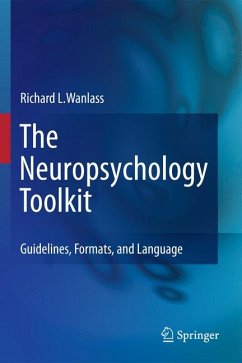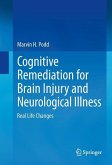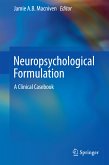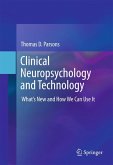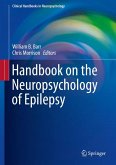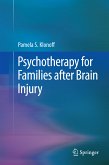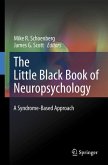The Neuropsychology Toolkit jump-starts confidence and competence by identifying common evaluation errors-of omission, commission, and misjudgment-and providing a solid framework for avoiding them. Geared toward best practice as well as clear communication, it covers each step of the process, from gathering background information and other pre-test considerations to interpreting results and reporting conclusions, so the developing practitioner can find his or her own voice without sacrificing crucial detail. This improved evaluation of clients, in turn, will improve the way one's practice is evaluated by supervisors, colleagues, or the courts.
Concise and practical, The Neuropsychology Toolkit is a trustworthy reference for neuropsychologists, clinical psychologists, and rehabilitation specialists.
Dieser Download kann aus rechtlichen Gründen nur mit Rechnungsadresse in A, B, BG, CY, CZ, D, DK, EW, E, FIN, F, GR, HR, H, IRL, I, LT, L, LR, M, NL, PL, P, R, S, SLO, SK ausgeliefert werden.
Hinweis: Dieser Artikel kann nur an eine deutsche Lieferadresse ausgeliefert werden.
"The Neuropsychology Toolkit: Guidelines, Formats, and Language provides the beginning clinician with the necessary and fundamental components of writing a concise, coherent, and interpretable neuropsychological evaluation. ... Throughout the book, Wanlass makes extensive use of clinical examples for a range of situations that might be encountered during the neuropsychological assessment process. ... this book can be recommended to the beginning clinician or doctoral student who is pursuing a career in clinical neuropsychology or to clinicians who are unfamiliar with neuropsychological assessment." (Benjamin D. Hill and Joshua S. Kline, Journal of Child and Family Studies, Vol. 22, 2013)
"The author provides the reader with essential scaffolding on what to include in a report and helpful suggestions on how the entire evaluation process might be accomplished. Although it is primarily geared toward trainees that are earlier on in their professional development in the practice of clinical neuropsychology, the book can also be utilized by more seasoned users in a review of sound practice fundamentals. ... this is a useful little book that will easily find a place on students' or supervisors' shelf." (John E. Beauvais, Sara E. Anderson and Katherine D. Kane, Archives of Clinical Neuropsychology, November, 2012)

